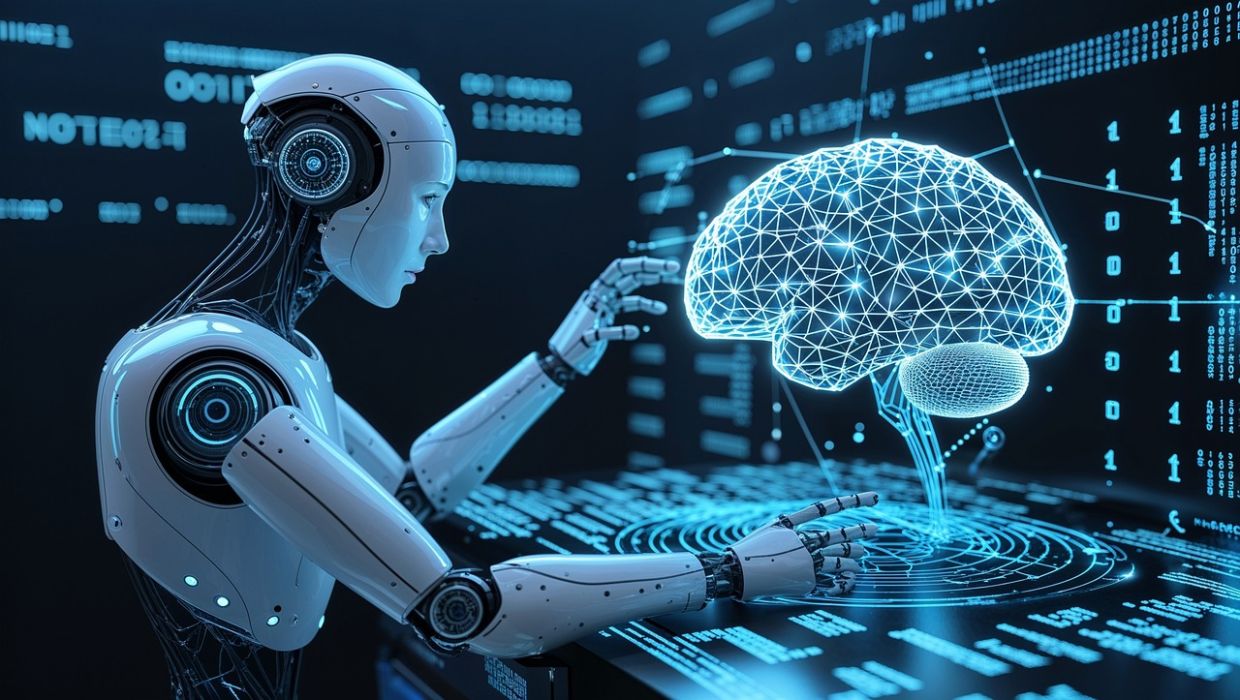Life Sentence Finalized for Afghan National in Fatal Mannheim Knife Attack
Lou Strenger Joins Münster 'Tatort' as New Prosecutor
Authorities Crack Down on Cross-State Criminal Gang in Elaborate Scam Scheme
Kerry Inaugurates Leipzig Biotechnology Hub to Drive Sustainable Nutrition Innovation
German Regulator Probes Pharmaceutical Packaging Firm's Financial Reporting
UN Launches New Governance Framework as Artificial Intelligence Joins Global Agenda

Artificial intelligence has emerged as a central topic at this week's annual high-level United Nations meetup, with world leaders and diplomats grappling with the technology's dual potential for both benefit and harm. The UN Security Council convened an open debate on Wednesday to address how AI could influence international peace and security, marking a significant moment in global governance efforts for the rapidly advancing technology.
UN Secretary-General Antonio Guterres set the tone for discussions, emphasizing that the question is not whether AI will influence international peace and security, but how the international community will shape its influence. "AI can strengthen prevention and protection, anticipating food insecurity and displacement, supporting de-mining, helping identify potential outbreaks of violence, and so much more," Guterres stated in his opening remarks. However, he cautioned that without proper guardrails, the technology could also be weaponized.
The UN's adoption of a new governance architecture represents the latest and most comprehensive effort to regulate artificial intelligence. Last month, the General Assembly adopted a resolution establishing two key bodies: a global forum and an independent scientific panel of experts. This milestone move comes after previous multilateral efforts, including three AI summits organized by Britain, South Korea and France, resulted only in non-binding pledges.
On Thursday, as part of the annual meeting, Secretary-General Guterres will launch the Global Dialogue on AI Governance, a venue for governments and stakeholders to discuss international cooperation and share solutions. The forum is scheduled to meet formally in Geneva next year and in New York in 2027, while recruitment begins for 40 experts to serve on the scientific panel. These developments signal a coordinated global approach to harnessing AI's potential while addressing concerns about its risks, including misinformation and military applications.